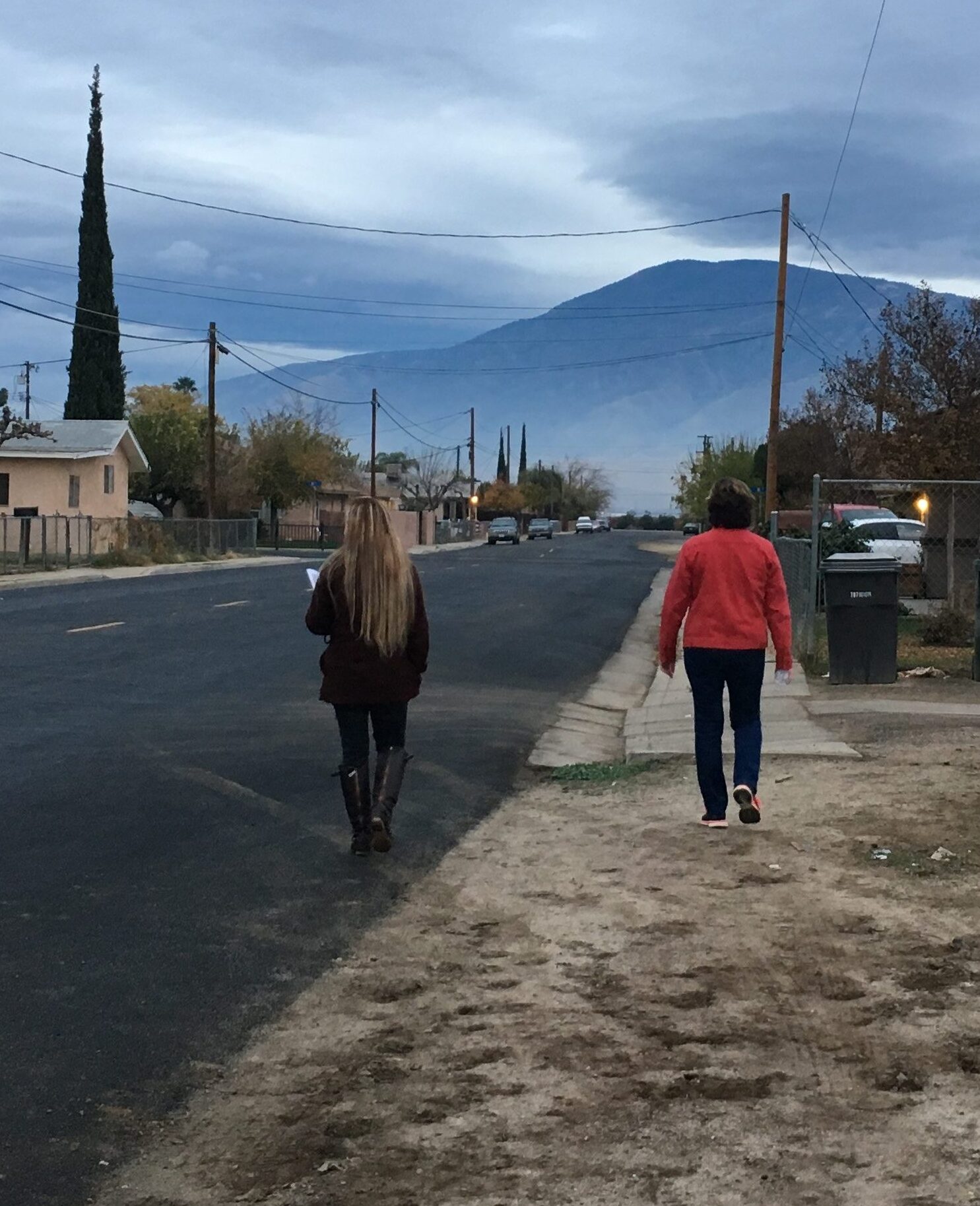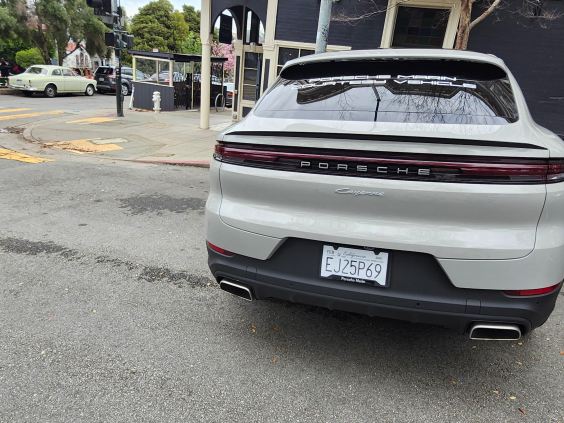Streetsblog will have more on this topic next week. For now, here is Caltrans' just-released statement committing to addressing equity in its work, in full.
The California Department of Transportation (Caltrans) acknowledges that communities of color and under-served communities experienced fewer benefits and a greater share of negative impacts associated with our state’s transportation system. Some of these disparities reflect a history of transportation decision-making, policy, processes, planning, design, and construction that "quite literally put up barriers, divided communities, and amplified racial inequities, particularly in our Black and Brown neighborhoods."
Caltrans recognizes our leadership role and unique responsibility in State government to eliminate barriers to provide more equitable transportation for all Californians. This understanding is the foundation for intentional decision-making that recognizes past, stops current, and prevents future harms from our actions.
Statement of Commitment
We will achieve equity when everyone has access to what they need to thrive — starting with our most vulnerable — no matter their race, socioeconomic status, identity, where they live, or how they travel. To create a brighter future for all Californians, Caltrans will implement concrete actions as outlined in our Race & Equity Action Plan, regularly update our Action Plan, and establish clear metrics for accountability in order to achieve the following commitments:
- People - We will create a workforce at all levels that is representative of the communities we serve by improving our recruitment, hiring, contracting, and leadership development policies and practices.
- Programs & Projects - We will meaningfully engage communities most impacted by structural racism in the creation and implementation of the programs and projects that impact their daily lives by creating more transparent, inclusive, and ongoing consultation and collaboration processes. We will achieve our equity commitments through an engagement process where everyone is treated with dignity and justice. We will reform our programs, policies, and procedures based on this engagement to avoid harm to frontline and vulnerable communities. We will prioritize projects that improve access for and provide meaningful benefits to underserved communities.
- Partnerships - By leveraging our transportation investments, we also commit to increasing pathways to opportunity for minority-owned and disadvantaged business enterprises, and for individuals who face systemic barriers to employment.
- Planet - We commit to combating the climate crisis and its disproportionate impact on frontline and vulnerable communities — such as Black and Indigenous peoples, communities of color, the people experiencing homelessness, people with disabilities, and youth. We will change how we plan, design, build, and maintain our transportation investments to create a more resilient system that more equitably distributes the benefits and burdens to the current and future generations of Californians.
To say this is an exciting development would be putting it mildly. While it is only a statement of intent, that intent is momentous - a declaration of nothing less than a major paradigm shift. Naturally questions immediately arise about how this behemoth agency will apply these commitments, whether it is equipped to do so, and whether its current structure, habits, and assumptions can allow it.
More on this topic in a future post.






